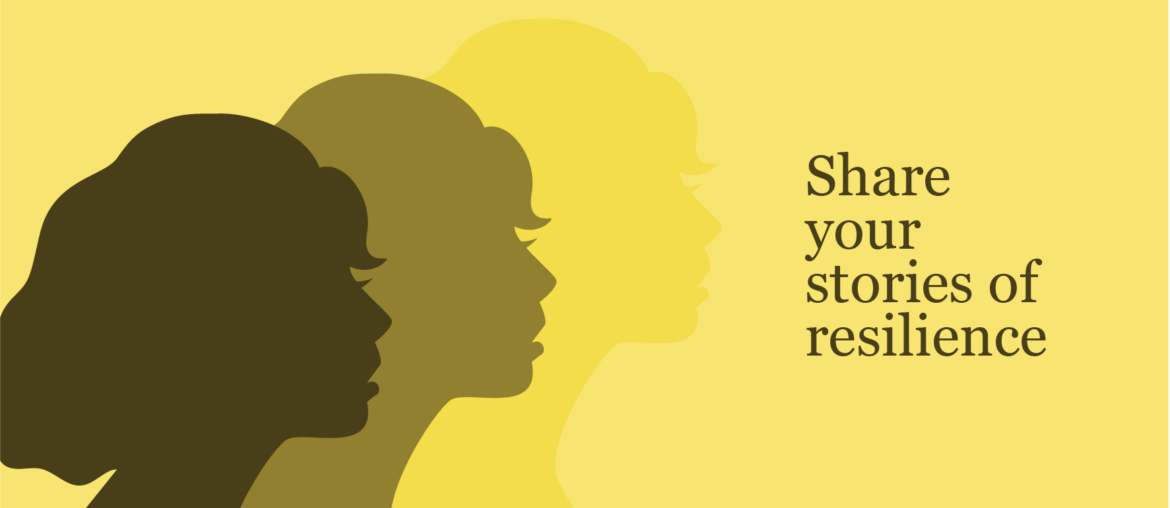The CEO turned towards the middle of the room waving the draft article at me, her nostrils flaring.
“I thought you had a Ph.D!?”
Not normally quick with a witty or savage comeback, I couldn’t even respond poorly. I had nothing to say. I walked away from the comment and the conflict. As I backed away from the explosion, I watched horror register on the face of our colleague who was seated nearby. The kindly middle-aged Christian CFO was visibly shocked by the brutality of the outburst. I was so astonished by the volcanic fury that I was unable to react. Instead I retreated, surprised that someone would do something so unprofessional in a professional context.
I might have thrown a plate at the wall, called her a ‘forker’, told her she was a narcissist, and brought her down. But after quietly tolerating her blaming for nearly a year, I let the savagery float over me. Just as I had ignored her sniping at me because she didn’t attend to things, because she rang the wrong person, when she excluded me, turned people against me, couldn’t manage the technology, tried to slide into my job, promised support she never provided, overlooked me and my efforts. I do have a Ph.D in English Literature, but I am not a journalist. The article she asked me to write was a puff piece for an inflight magazine about something boring by someone annoying who didn’t respond to inquiries and I did it badly. Shortly afterwards I resigned; leaving soon after the departure of the CFO.
Bruised and thoughtful I began to process the experience by talking to my successful female friends about the ways that they survived high-pressure situations at work. Determined to wrangle a redemptive narrative for myself, I interviewed friends in high places about their experiences. I was particularly interested in finding out how they had or developed the resilience to maintain their equanimity in uncomfortable or threatening environments. I wanted to work out what I could have done better.
I interviewed—actually had lunch with—a senior university academic in a management position that alienated her from her department, a magistrate who had 2 colleagues die recently by suicide, another magistrate who had been assaulted in a shopping centre carpark by someone who had appeared before her, a high profile public and provocative historian, director of a museum, a doctor of sexual health who had worked in Kings Cross during the HIV/AIDS epidemic, CEO of charitable foundation, a highly successful entrepreneur who runs a company with a huge turnover. My research question: How do women in high pressure situations succeed and stay centred ?
Each woman had a different valuable insight to offer. My friend, the magistrate who was the only person at her western suburbs high school class to go to university, told me that in court she has so many cases to hear that she must move on from one to the next, certain that she’s made an appropriate decision and confident that she can turn her attention to the next one. Her decisiveness is based on experience and knowledge of the Law. This clarity means that she doesn’t turn over each decision tortured by the possibilities. She leaves work and has a full and satisfying life unimpeded by regrets and indecision. My friend the university leader said that she turns to protocol to protect herself from possible recrimination and to easily respond to uncomfortable questions from others. She’s confident that this kind of governance builds a fence around her. She is protected and accountable. She also relies on this approach when challenged by questions she cannot or does not want to answer. Another talked about the importance of having mentors to guide you and friends to buoy you. The entrepreneur builds real and ethical relationships with her suppliers and employees. She is both creative and extraordinarily strategic; when we play cards, I only ever win, when I am paired with her.
Through this research, I was able to interrogate and move past the discomfort of my experience. I learned specific tools and strategies to apply to other situations. So many wise and generous friends helped me to reframe what I experienced in that position. I enjoyed our lunches and reflected on my friends’ very different perspectives and solutions, surprised by the diversity of their responses. Each situation, personality, industry seemed to build and require different competencies.
I found work in a field much better suited to my skills and interests and slowly began to rebuild my sense of mastery and expertise. One day, I might return to this project to catalogue the many interesting stories and reflections. For now though, it serves as a prompt for you. I call on you to write about a time when you were challenged and how you responded. Were you brave or cowed? What are your moments of resilience and courage? What helps you respond to high pressure situations?
Jewish Women of Words invites you to submit your own experiences for publication. We want to hear your stories of courage and resistance. As we approach the High Holidays send us reflections about your year, your life, your experience.
Email anecdotes of about 800 words to info@jewishwomenofwords.com.au by 6 October 2022, the day after Yom Kippur.

